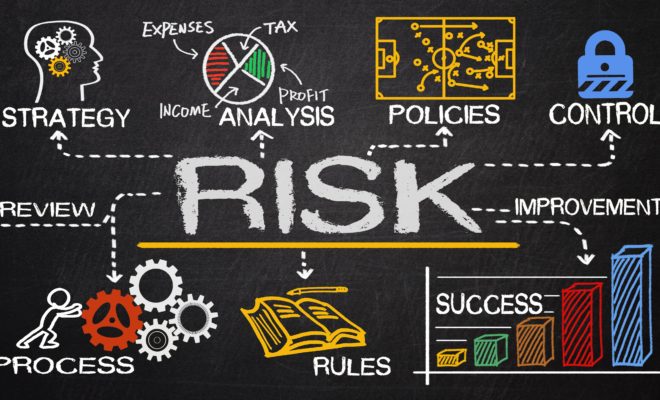Risk Management Considerations for Construction Project Managers

As a project manager, you’re responsible for the progress and performance of your jobs. Clients look to you to make sure that the budget, schedule and scope are adhered to. Your boss expects you to make sure the job has adequate resources in workers and labor. Your crews trust you to make decisions that promote safety and positive working conditions. To do all these, you need to proactively manage your risk.
Project Progress Risks
Some of the obvious risks to project progress are unforeseen changes in the work to be done, the time to do the work and the cost to do it. These are the scope, schedule and budget respectively. Changes to a project are inevitable, so a good project manager should be proactive about the impacts to these metrics. When creating your budget and schedule, you should account for a contingency to cover unknown changes.
Resource Risks
Without workers and equipment, you can’t get the job done. As a PM, you need to manage your risks associated with resources. Labor shortages or equipment failure can also threaten project progress. It’s important to have a backup plan for crewpersons, especially those who may take vacation time or become sick. Whether you rent or use tools and vehicles that run on diesel engines, you need to account for downtime and repair needs.
Safety Risks
Creating a safe environment is important to everyone. As the lead, you need to facilitate OSHA training for all field personnel. Everyone should have access to personal protective equipment such as hard hats, safety goggles and hard-toe boots. Coming up with a comprehensive safety plan that includes regular audits helps manage safety risks.
Working in construction as a project manager means there’s a lot of responsibility on your plate. You’ll need to be proactive when it comes to assessing risks and planning to manage and mitigate them. Think about job progress, resource management and site safety in your advance preparation.


